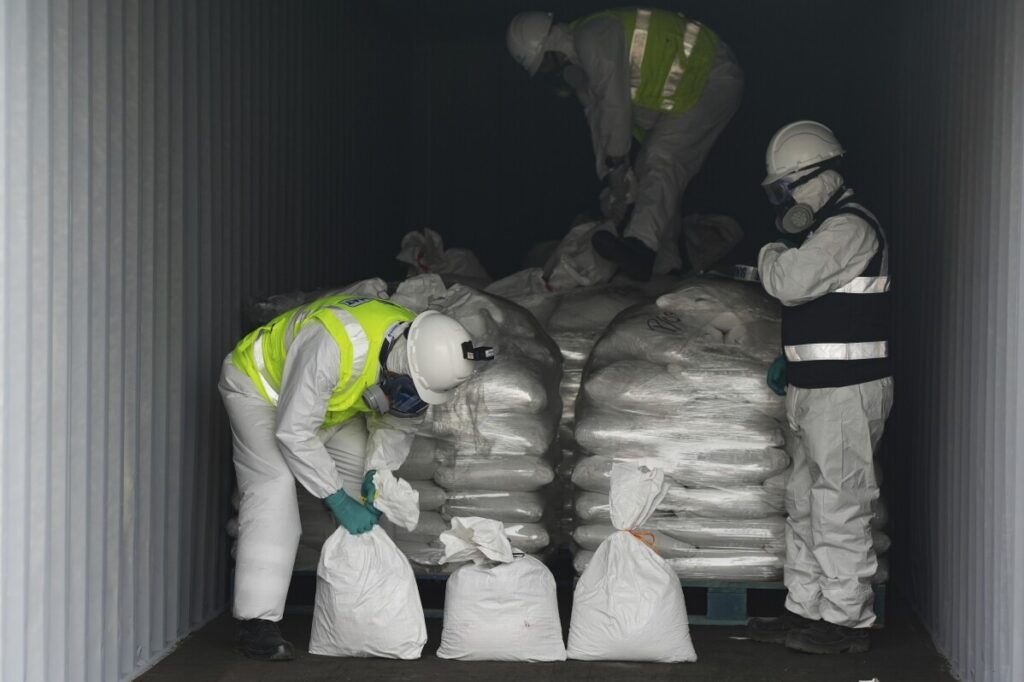Mexico’s Parasite Crisis Reveals Dangerous Gaps in Border Security and Agricultural Oversight
As a flesh-eating parasite ravages livestock in southern Mexico, U.S. cattle imports face suspension, exposing the failures of both Mexican authorities and Washington to protect American agriculture and border integrity.

The resurgence of the New World screwworm fly in southern Mexico is more than just an agricultural nuisance—it is a glaring symptom of systemic failure on both sides of the border that threatens American farmers, ranchers, and national security alike.
In Chiapas, far from the U.S.-Mexico border yet deeply connected to its economic fate, ranchers watch helplessly as this flesh-eating parasite ravages cattle, sheep, pigs, even dogs and cats. Despite earlier outbreaks decades ago, local officials and veterinarians report being caught off guard by the rapid spread. With medicines for treatment now skyrocketing in price, desperate ranchers resort to dangerous home remedies like dousing wounds with gasoline—measures unworthy of a region that supplies livestock destined for American tables.
Why Are We Still Paying the Price for Inaction?
This crisis reveals troubling truths about Mexico’s inability or unwillingness to address agricultural threats promptly and thoroughly. Though the U.S. has stepped up collaboration—financing a sterile fly production plant in Chiapas—the facility won’t be operational until next year. Until then, infected animals continue to multiply unchecked. Meanwhile, Mexican authorities offer little tangible support beyond token visits and empty reassurances.
On the American side, it falls squarely on Washington to enforce rigorous safeguards that protect our agricultural economy and border health standards. The Trump administration rightly suspended cattle imports from Mexico after infected animals were found as recently as May; yet reopening measures appear premature given the ongoing outbreak.
The Stakes Are Clear: Economic Stability and National Sovereignty
The threat isn’t hypothetical. A screwworm infestation reaching Texas could cause devastating economic losses—not just from dying livestock but also from lost trade partnerships due to contaminated exports. For families already burdened by inflation and supply chain disruptions, this is another blow potentially avoidable through strong America First policies emphasizing secure borders and robust inspection regimes.
The question now is how long will federal agencies tolerate lax enforcement while letting a preventable threat fester across our southern frontier? How many ranchers must pay with their livelihoods before decisive action is taken?
Ultimately, protecting American agriculture requires rejecting globalist complacency toward porous borders. It demands steadfast commitment to sovereignty—supporting solutions like sterile fly release programs combined with strict import controls—and ensuring Mexican partners uphold their obligations honestly.
The story unfolding in Chiapas should be ringing alarm bells across policy circles in Washington. The cost of ignoring this menace will be paid not only by ranchers south of the border but by every taxpayer footing the bill for weakened national security and disrupted food supplies.
